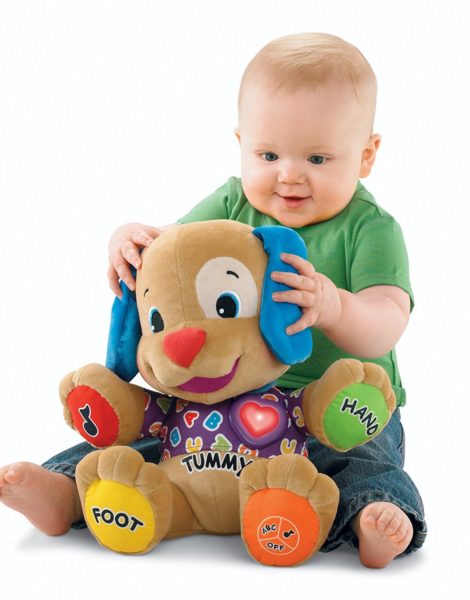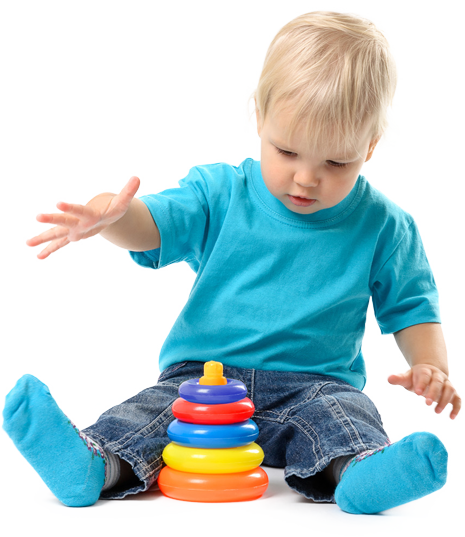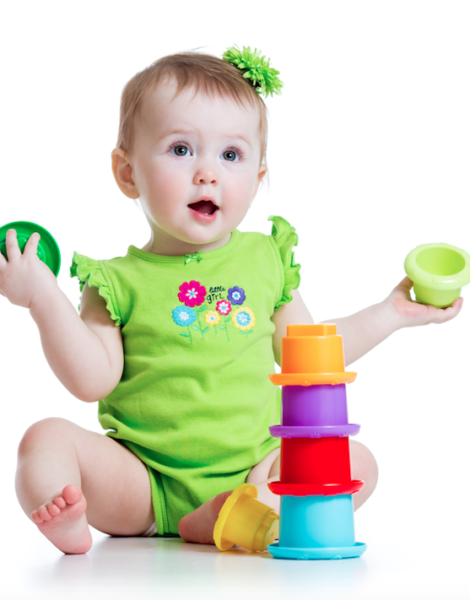Philosophy
At Kids Jungle Long Day Care and Preschool we believe that the early years of a child’s life are the most influential.
It is the first years of life that young children develop a sense of themselves and their place within the community of learners. It is within these years that a child develops the foundation skills and abilities that will carry them through life. Our role is crucial in fostering and facilitating the child’s development in these years.
We believe in the importance of providing a play based program, because through play, children learn. Our program is based on the Early Years Learning Framework. It is developed using the Principles, Practices and Learning Outcomes of the EYLF Curriculum. It has a strong focus on providing learning experiences which are based on children’s individual interests, developmental levels and cultural background.
We believe in developing a partnership with our families that will foster and facilitate a child’s development.
We will be guided by the following principles:
Encourage each child’s curiosity and interest in the world around them and develop positive attitudes to learning:
- By promoting a thought provoking environment with powerful provocations that allow children to be curious, active learners.
- By observing children carefully and using children’s interests as well as their emerging skills and strengths to influence programming directions.
- By striking a balance between children’s interests and an educator’s awareness of what knowledge, skills and dispositions a child is ready to learn. As follows, investigations are mutually chosen by educators and children.
For each child to develop respect for themselves, others and the environment:
- By carefully and respectfully documenting children’s work as a way of valuing their ideas and learning, as well as showing children how closely we have listened and observed them throughout their investigation.
- By documenting a child’s learning so as to provide them with a visible memory of what they said and did. Children recognise that their learning is interesting and worthy of time and attention. They learn to treat their own and other’s ideas seriously.
- By presenting aesthetic environments to children, we raise their awareness to order and care, therefore encouraging them to respect their indoor and outdoor spaces.
To promote acceptance of cultural diversity and appreciation of the many groups which make up the wider community:
- By providing a program and environment that reflects and embraces this
- By recognising that early childhood settings provide an excellent environment for children to experience and enjoy the diverse miracle of Australian society and to respect and embrace difference.
To build and foster each child’s developing independence:
- By safely facilitating the natural drive in children to be independent through consistent and reasonable limits.
- By actively planning for the development of each child’s emerging independence through consistent and effective observation.
To cater for learning and exploration in the following areas – science and discovery, literacy, numeracy, creative arts, geography and our world, manipulation, physically active play and sensorial exploration:
- By recognising that learning is an active process and children learn most easily through repeated exposure, consistent role-modelling and from repeated opportunities to apply and practice. Children learn by doing, not seeing or listening.
- By allowing children opportunities to actively engage with materials and resources in order for them to make their own meaning and become active learners.
To provide a happy and secure environment where children feel loved and respected and can develop to their fullest potential:
- By recognising and valuing that each child possesses feelings, experiences, attitudes and beliefs as valuable and complex as their own
- By recognising the importance of building and nurturing secure attachments with each individual child with the intention that they feel accepted, secure and free to explore different aspects of their world through their play and their relationships. When children feel safe, secure and supported they grow in confidence to explore and learn.
- By effectively enforcing rules and limits through fairness and consistency.



![slider_slide1_img2 [1] slider_slide1_img2 [1]](http://www.kidsjungle.com.au/wp-content/uploads/2017/12/slider_slide1_img2-1.png)
Centre Goals
Learning through the Head, Heart and Hands
“Our highest Endeavour must be to develop free human beings who are able of themselves to impart purpose and direction in their lives.” Dr Rudolf Steiner
– To give each child the opportunity to develop their ‘will sense’ and imagination in a natural nurturing and creative environment.
– To create a clear harmonious and peaceful sanctuary, where each child’s safety is of paramount importance.
– To provide a space that is soft, warm and home-like, showing reverence to the heavenly world. This allows children to feel comfortable and nurtured.
– To provide a structured rhythm of breathing in and breathing out experiences that provides moments for devotion and room for curiosity within protective boundaries and freedom for creativity.
– To identify the children’s needs and strengths by implementing group and individual programs to improve their skills, enhance their abilities, whilst respecting their confidence, self esteem and differences.
– To give time and support to families and welcome their input into our program
– To create a feeling of community and connectedness by encouraging families to part take in our seasonal celebrations and by having our doors always open.
The program reflects many opportunities for the children to acquire skills, which enhance their social, emotional, cognitive, physical and spiritual growth.
Kids Jungle is now taking enrolments.
Please contact the centre to see our special offer.
To ensure the system of allocating vacant places is fair, the Australian Government has “Priority of Access Guidelines”. These are used when there is a waiting list for a child care service or when a number of parents are applying for a limited number of vacant places.
The Guidelines are:
Priority 1 – A child at risk of serious abuse or neglect.
Priority 2 – A child of single parents who satisfies, or of two parents who both satisfy the work/training/study test under section 14 of the Family Assistance Act.
Priority 3 – Any other child.
Within each category, the following children are to be given priority:
• Children in Aboriginal and Torres Strait Islanders families.
• Children in families which include a disabled person.
• Children in families with a non-English speaking background.
• Children in socially isolated families.
• Children of single parents.
Under these guidelines, we may require a Priority 3 child to vacate a place for a higher priority child. If this is required, we will give you 14 days notice however we will attempt to accommodate all families as best we can. When a vacancy arises at the centre, working families will be given priority for that vacancy.
Please contact the centre for availabilities.
